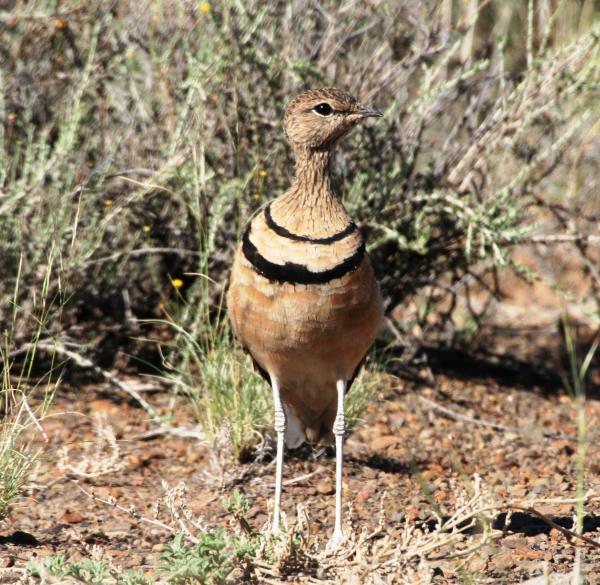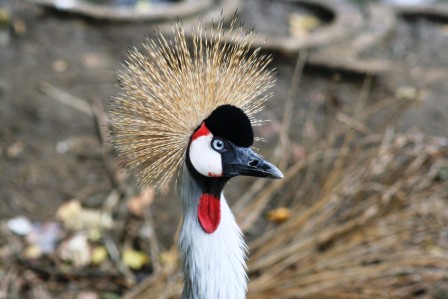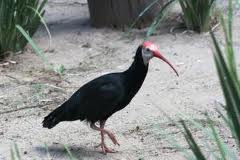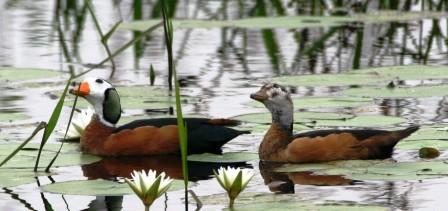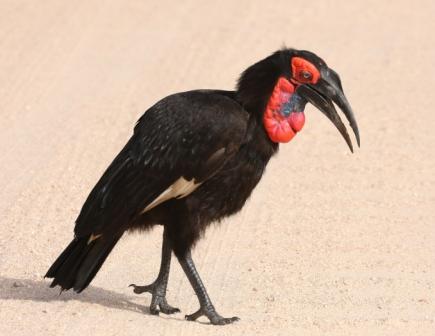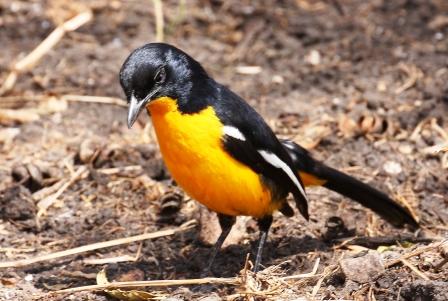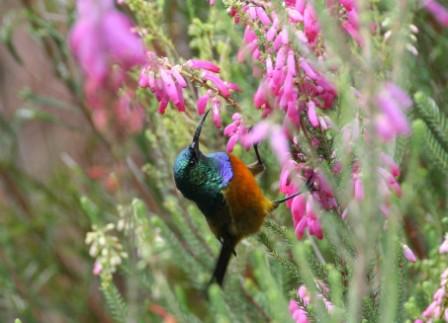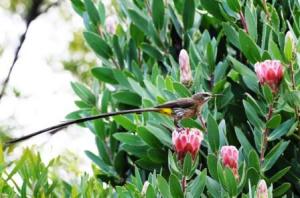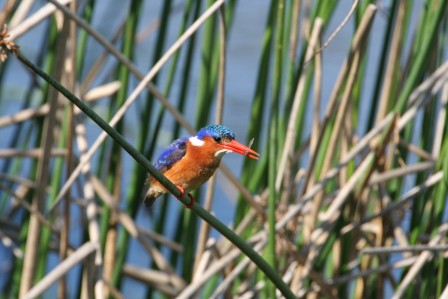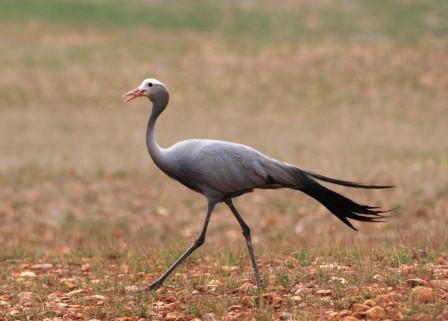|
Newsletter / Blog
2012-06-25
10 YEARS OF BIRD CONTROL DOGS AT ACSA AIRPORTS
The International
Bird Strike Committee recently issued a report stating that bird strikes are on
the increase at an international scale. Estimated damage as a result of these
is in excess of US $1, 5 billion per annum. However, in South Africa,
the situation is firmly under control. In 2012, the Endangered Wildlife Trust
(EWT) and Airports Company South Africa (ACSA) celebrates a decade of Bird
Control Dogs working at ACSA Airports in order to reduce the frequency of bird
strikes at their airports.
“Birds and wildlife have been a potential hazard to aircraft since the very
beginnings of air travel. Bird strikes were a minor risk in the early days as
the few planes in the sky traveled at relatively low speeds. Damage was,
therefore, limited to shattered windshields, dented leading edges and broken
propellers. The cost of repairs was small, and aircraft operators and airport
authorities accepted bird strikes as an unfortunate but unavoidable flying
hazard,” said Derek van der Merwe, Field Officer for the EWT’s Airport Wildlife
Programme. “In time, as the speed of aircraft increased and engine noise levels
dropped with the development of advanced turbine engines, birds could no longer
hear approaching aircraft in time and so were unable to avoid the on-coming planes.
Birds and wildlife became a serious threat to aircraft safety as strikes have
become more frequent and more serious.”
In response to this, ACSA implemented a Wildlife Management Programme at its
airports throughout South
Africa in partnership with the EWT in 1999.
One of the numerous mitigation measures of the Wildlife Management Programme
involves the use of bird control dogs to scare birds away from the airfield.
Birds that frequent the airports become used to loud noise and so are not
frightened away by the normal sounds of the airfield. Dogs however are
perceived as a natural predator therefore birds remain fearful of their
presence. Instead of enduring the constant harassment of the dogs on the
airfield, the birds seek foraging elsewhere and are unlikely to return to the
airport.
“The airfield is an error-free environment where all activities are governed by
strict aviation regulations. Understandably, it was not easy to implement a
Bird Control Dogs Programme in two of South Africa’s busiest airports.
All relevant stakeholders had to be informed and briefed on what the dogs would
be doing and that they would be under strict handler control at all times. A
meticulous directive and operational procedure had to be developed and approved
before the dogs could set foot on the airfield,” continued van der Merwe.
Good communications with air traffic control is a pre-requisite for
successfully working with the dogs on the airfield. The Air Traffic Controller
is responsible for all movements of aircraft and vehicles on the airport
runways and taxiways. The wildlife control officer communicates closely with
the air traffic controller at all times in order to gain permission at the
correct time to scare birds away. This ensures that birds are not chased into
the path of an approaching aircraft. Pilots and air traffic controllers often
call upon the wildlife control officer and working dog to scare birds away from
the runway before landing and take-off.
“In April 2002, Mac started work at Durban
International Airport.
He was the first Border Collie to be used as a bird control dog - not only in South Africa
but in the southern hemisphere. Mac’s implementation was shortly followed by
Tweeny who started work at O.R.
Tambo International
Airport in July 2002. Both
Mac and Tweeny will shortly be semi-retired and will continue to perform light
duties at the airport in accordance with veterinary opinion. A new breed was
implemented at O.R.
Tambo International
Airport in January 2012
with the introduction of Chase, a Springer Spaniel. Whilst the Border Collies
have been extremely successful in the past, Chase possibly brings a new
dimension to the initiative. Lapwings are one of the main problem birds at
airports and, being a gundog, Chase’s natural instinct is to sniff out birds
and their nests which interrupts the bird breeding process. While Border
Collies are effective in line of sight chases, Chase is willing to work in
longer grass where birds aren’t readily visible, and flush them out. Our latest
canine employee, Buzz, joined the team in March,” concluded van der Merwe.
The EWT-ACSA partnership has been so successful that there are now seven
canines based at O.R. Tambo International
Airport and King Shaka International Airport.
These dogs have tirelessly been keeping birds away from the airfield for ten
years, ensuring safe passage to all flying to, and from, these busy airports.
We look forward to many more years of this effective, invaluable partnership.
| 



